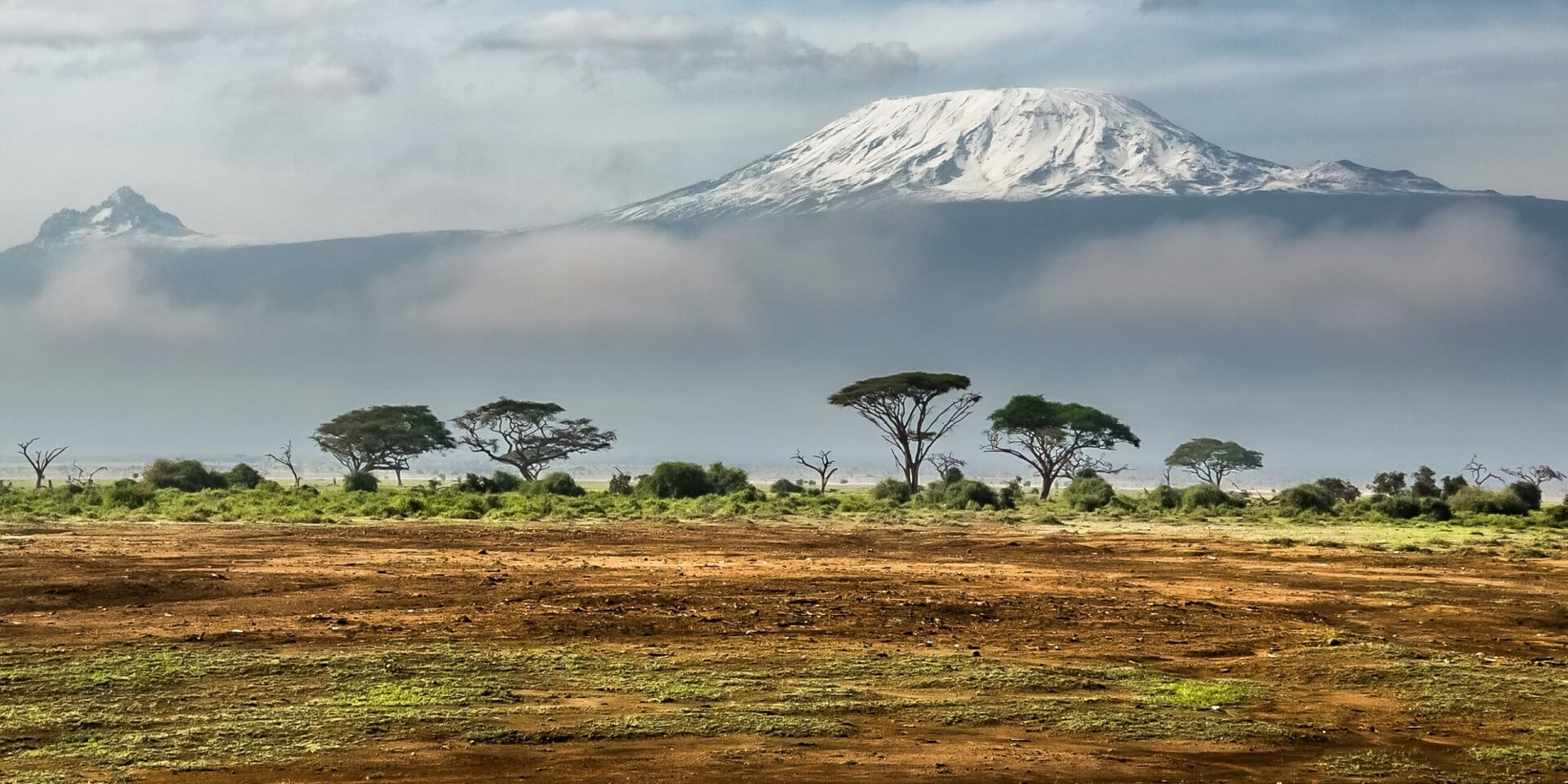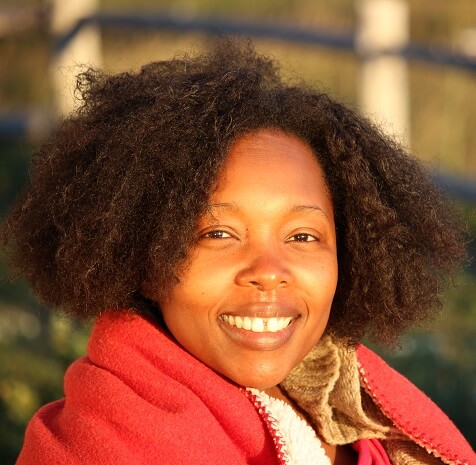

Dr. Eliane Ubalijoro
CEO of the Center for International Forestry Research and Global Agroforestry and ISC Fellow
Currently based in Nairobi, Eliane Ubalijoro serves as the CEO of the Center for International Forestry Research and Global Agroforestry (CIFOR-ICRAF). On top of a PhD in molecular genetics and a degree in general agriculture, Dr. Ubalijoro has over 20 years of experience in the interactions between the environment, agriculture, and health. Originally from Rwanda, she maintains a special affinity for and specialization in Africa.
The ISC’s Genevieve Scanlan spent some time with Dr. Ubalijoro discussing some of the issues around the African continent, which houses nearly a quarter of global biodiversity. Despite this, Dr. Ubalijoro notes that “65% of its soils are degraded”, posing severe implications for food security in the region. With current estimates expect the population to double by 2050, resulting in even more pressure on the region for food security, Dr. Ubalijoro emphasizes the importance of the “One Health” approach for the continent which links human health, ecology, and biodiversity.
According to Dr. Ubalijoro, science has the potential to enable us to live within planetary boundaries and it’s a matter of increasing importance in the face of the devastating effects of climate change that our planet is confronting. She notes that the risks to biodiversity also make humanity more vulnerable, as evidenced by the direct links between biodiversity loss and zoonotic diseases. As planetary, human, environmental health, and food security become more interconnected, she emphasizes that, “the restoration of ecosystems becomes essential.”
This call to action is particularly relevant to agriculture, which is responsible for one-third of greenhouse gas emissions.
“The way we practice agriculture, at both regional and global scales, must avoid producing excessive impact on our environments. In Rwanda, for instance, while annual precipitation levels have not changed, their intensity has recently increased considerably, putting humans, species, soils, and crops at risk”.
In such conditions, Ubalijoro mentioned the necessity to enhance soil microbial biodiversity while promoting flora and fauna that will maintain year-round cover, thus limiting evaporation and protecting soils from the effects of excessive rainfall.
“Regenerative agriculture is an important and beneficial approach to implement, as it not only sequesters carbon, but also nourishes a growing population, all while promoting the return of biodiversity.”
Around the world, many organizations are dedicated to the protection and restoration of biodiversity. CIFOR-ICRAF, an organization working on restoring degraded landscapes, is a project that inspires much hope for Dr. Ubalijoro. By collaborating with local communities, especially in the Sahel region, the organization seeks to positively impact the region’s biodiversity through reforestation and water management.
As a geneticist, Dr. Ubalijoro also emphasizes the importance of genetics for biodiversity. CIFOR-ICRAF holds the world’s largest collection of genetic resources for trees. When so many new trees are being planted, she insists on the need to choose the right locations and the right tree, taking into account the resilience of selected species and the ecosystems they belong to. With climate change, the environment is evolving significantly, meaning traditional species in a given environment might no longer be the best choice for reforestation. This is why genetics becomes a particularly effective tool for addressing biodiversity issues.
Dr. Ubalijoro has highlighted that the ISC Fellowship has created a valuable opportunity for the scientific community to participate more in critical decision-making.
“The fellows have an incredible intelligence and scientific understanding that is crucial for important decisions being taken at the planetary level.”
She advocates for expanding the involvement of the ISC Fellows in decision-making processes, not only governments and organizations, but also corporations that want to have a more neutral impact on the environment. For Dr. Ubalijoro, one of the most important responsibilities of the scientific community is to, “prepare the youth of today to be the leaders of tomorrow… to ensure a transformation that will allow us to have a future where we live within planetary boundaries and more in harmony with nature.”
The ISC Fellowship brings together prominent scientists, engineers, and policy leaders who have made significant contributions to the understanding and engagement with science. For Dr. Ubalijoro, Fellows possess crucial scientific intelligence for making the best global decisions. She hopes that through their expertise, the ISC and its Fellowship can promote science for planetary, social, and humanitarian well-being.
Eliane Ubalijoro is one of the 126 Fellows currently part of the Fellowship. Upcoming annual calls will aim to build a network of 600 active members. ISC invites you to submit a nomination for its Fellowship until October 15, 2023, with new members to be announced in December 2023.
Photo by Sergey Pesterev on Unsplash